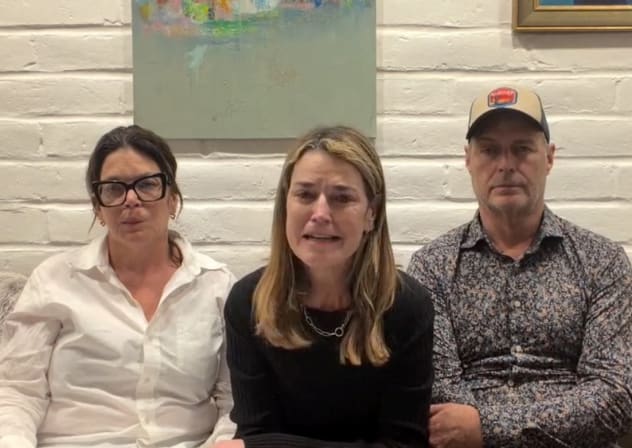North Korea says South Korea should prevent 'sovereignty violation' after drone intrusion
South Korean Unification Minister Chung Dong-young acknowledged the incident as a problem, with Kim Jong Un's sister saying she appreciated Chung's expression of regret.













